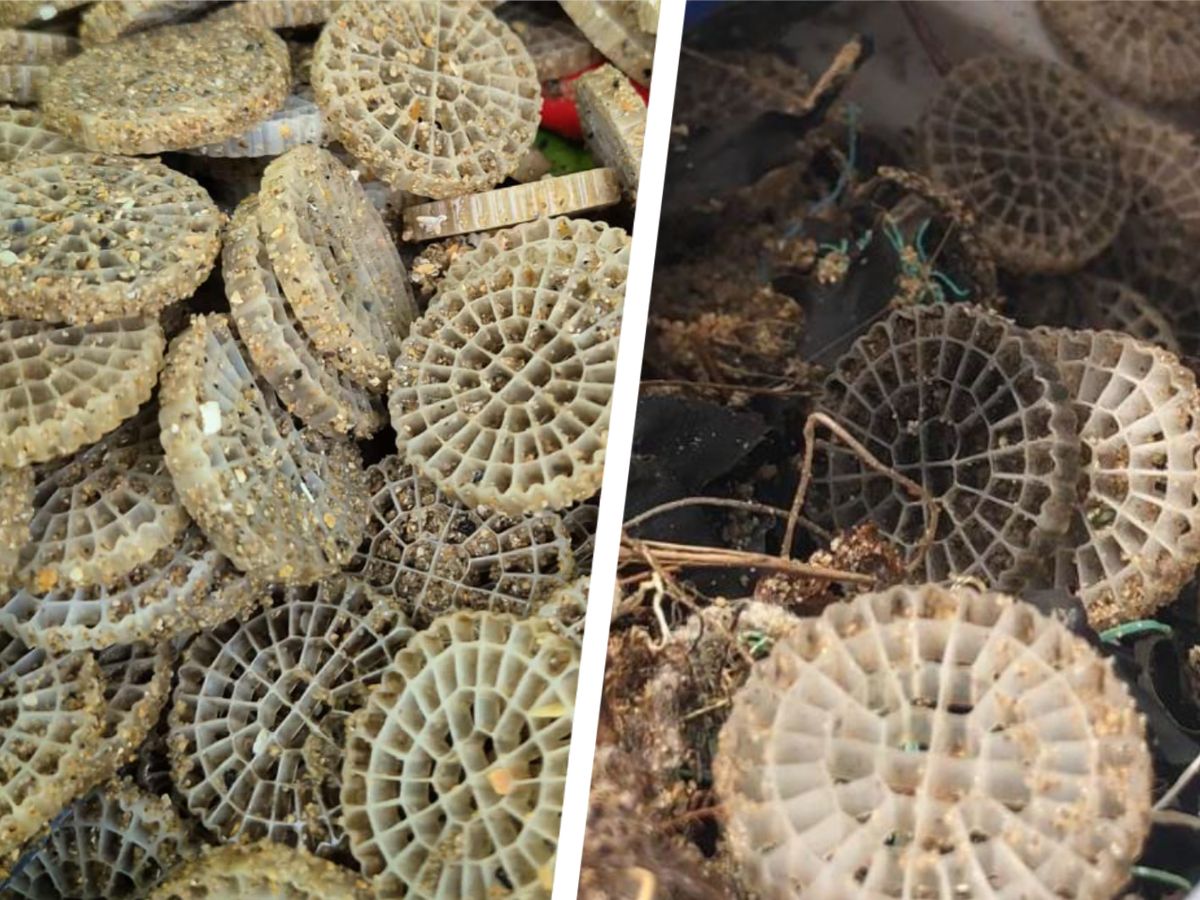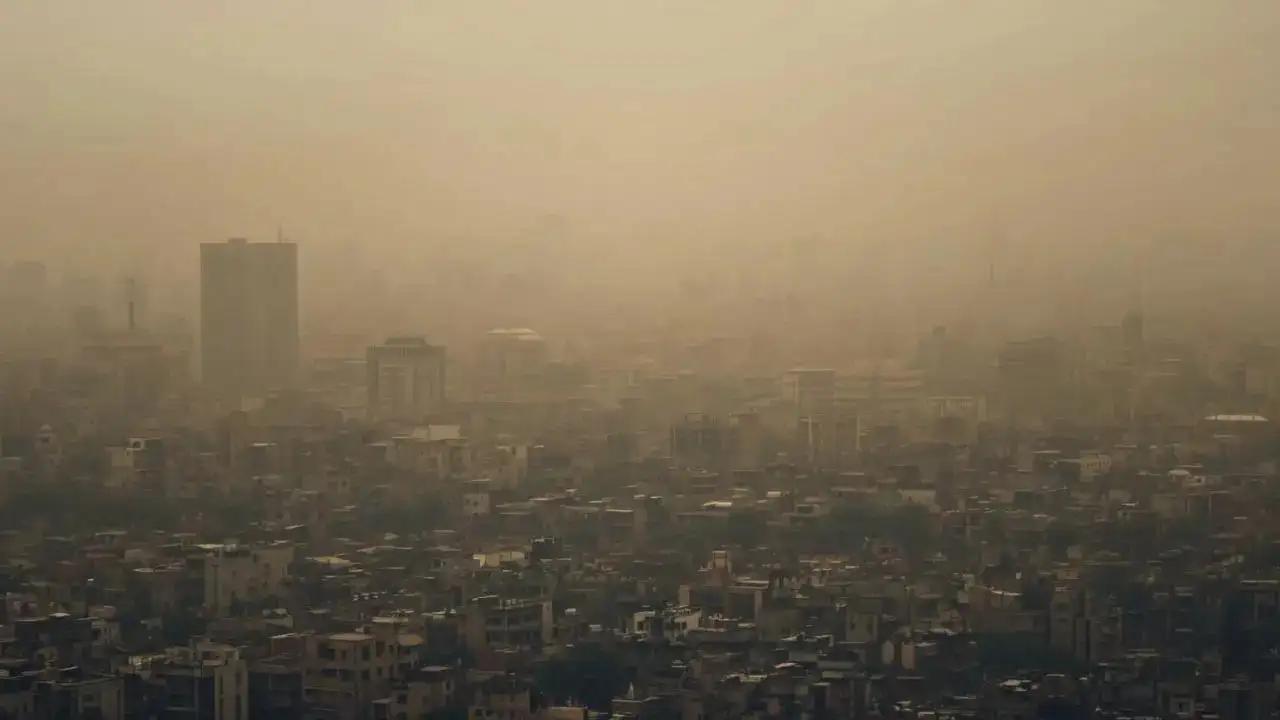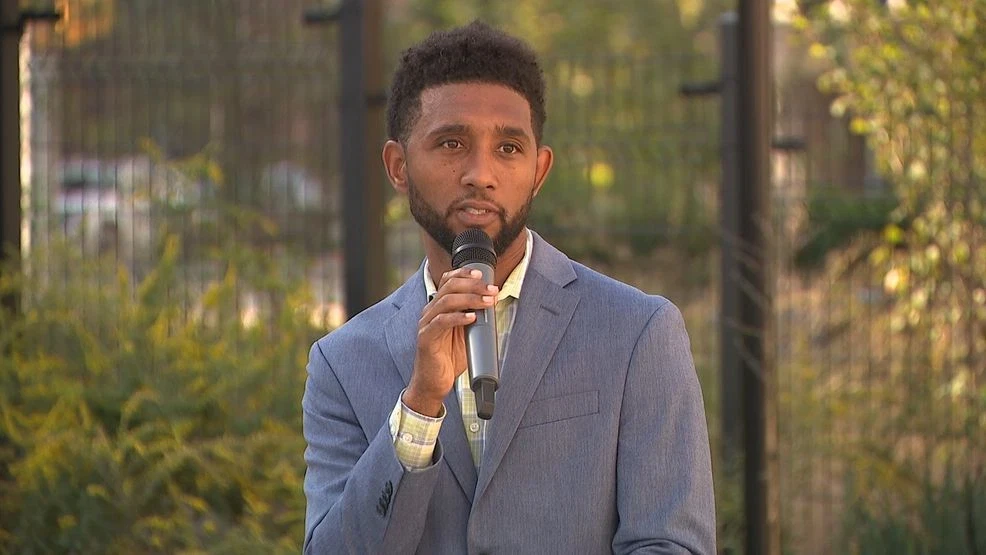Copyright walesonline

Plastic discs from a wastewater treatment works in Swansea washed up in large numbers on the city's beach and also on beaches in Gower and Neath Port Talbot . Welsh Water said they spilled from the treatment works off Fabian Way following a power failure which coincided with increased wastewater flows and that measures have been put in place to stop it happening again. Chloe Stacey, of Killay, she said came across a mass of them on Swansea beach. "Thousands is an understatement. They absolutely plagued the high tide line," she said. "They're so small – anything could eat them." She said separating ones caught up on in seaweed or other debris would need to be done by hand. Welsh Water said most of the pound-coin-sized discs have been picked up following the incident late last month and staff and volunteers were checking to see if more needed retrieving. People have described seeing them on beaches at Langland, Caswell, Three Cliffs, Pwll Du, Tor Bay, Oxwich, Pobbles, Port Eynon, Mewslade, Slade, and Rhossili, all in Gower. Chris Maskell said: "I did a litter pick in Port Eynon on October 19 and picked up dozens but most were wrapped up and trapped in seaweed." Leanne Thomas said there were lots of them still in rock pools near Culver Hole, Gower, while Catrin Davies said she picked up 300-plus of them on Swansea beach late last month and another 20 or so two days ago. Monique Golley said she removed 850-900 of them over two days at Swansea beach earlier this month. "Since then I've seen them on Swansea Bay [beach] and Caswell but in much smaller numbers, maybe 10 to 15," she said. The issue was raised on a Gower Facebook group a few days after the spillage prompting many responses including one from Welsh Water which posted a message saying it understood the concern the spillage had caused. It said clean-up operations had begun straightaway alongside local authorities and other partners and that investigations were ongoing to prevent future occurrences. In a statement to the Local Democracy Reporting Service this week Welsh Water said: "Following a power failure which coincided with increased flows at Swansea Bay wastewater treatment works on September 24 some plastic discs that are used as part of the biological treatment of wastewater spilled from the treatment tanks. "This was stopped after a short time. However some of the discs were lost and went out via the outfall. Most of these discs have been picked up from beaches on Gower and our crews and volunteers are making routine visits to collect any more that are found. Processes have been put in place to prevent a similar issue happening again." It said the discs were not biodegradable but, when asked if some of them might be on the seabed rather than being washed up on beaches where they are visible, didn't respond. Environment regulator Natural Resources Wales said it was investigating the circumstances surrounding the escape of the discs and continued to monitor local beaches for their presence. A Neath Port Talbot Council spokesman said cleansing staff had removed small amounts of the disc debris from beaches and that it was also monitoring the situation. Swansea Council hasn't commented. Lloyd Nelmes, aquarium manager and project officer at marine conservation charity Sea Trust Wales, said plastic objects like the discs could be ingested by marine life, damaging their health. He added that some plastic broke down into smaller particles called microplastics which attached to toxins like dioxins produced by industry and other processes, causing worse effects if ingested. Mr Nelmes said it was positive that beaches in the affected areas had been cleaned but that, in his view, screens at wastewater treatment works ought to be able to prevent such spillages. Any plastic which entered the sea, he said, was "not great". He added: "Microplastic is absolutely everywhere. It's dangerous – the main problem is when it binds to toxins."



